Emerging Canadian Retail Trends for 2019: Technology, Partnerships and Experiential Concepts
/By Larry Leung
Trading Economics reported that Canadian retail sales expanded 0.5 percent and 1.7 percent year over year for the first two months of 2019. While growth continues, it is at the slowest pace since 2015 and below the average rate of near 4 percentage points for the decade. Let’s examine some of the year’s emerging retail trends as the industry competes in a tighter spending landscape. In this article, we will focus on these three emerging trends: Technology, Expansion through partnership, and Experiential concepts
Technology
Technology continues to play a prominent role behind the scenes as retailers and mall operators find new ways to collect relevant operational data, attract customers through omnichannel presence and improve personalization. Depending on specific needs, all three items may involved the use of artificial intelligence or machine learning to collect and analyze data in pursuit of efficiencies, top of mind thinking and new concept deployment.
Cadillac Fairview, for example, launched Ravel in February 2019 with the goal to disrupt the marketplace through an improved understanding of the end to end customer experience process through a mix of data collected from digital interaction, marketing and other products. We discussed the advantages on how mall operators can improve navigation and pre shopping planning by creating indoor maps to Apple Maps.
Many retailers continue to refine their omni-channel strategy with a mix of online (desktop and mobile), telephone and brick-and-mortar formats. While it may seem like the latter is losing significant steam, it should be noted that online sales only represented 4.2 per cents of total retail trade according to the most recent Statistics Canada report in November 2018. Other than separating each channel, some retailers are exploring the use of multi-channels strategy to create a seamless shopping experience. For example, a customer can search for an item online, reserve it for review at a store after work, apply a credit on purchase and get the item shipped to their residence while continuing to shop at the mall without having to carry shopping bags around. The goal is to make shopping easier and less stressful.
Personalization for some retailers is the inclusion of a customer’s name in their weekly promotion emails. For others, it is having a deeper understanding of the customer and curating relevant information that would incite a purchase need. Loblaws and Shoppers Drug Mart refined this concept by using previous sales as one metric to determine which promotional items to recommend in their weekly email. This combined with bonus point earning potential could influence customers’ behaviour while creating a new advertising revenue stream. Over the past twelve months, retailers have also deployed an improved online shopping cart so that shoppers are invited to finish their purchase at a later time with a potential promotion attached for encouragement.
click to read about aritzia’s new toronto flagship
Expansion through partnership
Expansion through partnership is not a new concept. It has been used by department stores to host a multitude of brands in a bigger space. However, we are starting to see retailers partner with other brands to further improve the customer experience and expand the sale cycle that would benefit the brands.
Both Aritzia and Staples Canada reopened their flagship stores along Bloor Street West and University Avenue in Toronto with a new coffee house inside. A-OK Cafe, which originated from New York City has its first Canadian outlet located at Aritzia while Staples Canada partnered with popular micro chain Mos Mos Coffee to bring caffeine in the mix. There are many cross promotional use cases available to incorporate these partnerships with the purpose to engage customers (e.g. exclusive brand items and loyalty tie-in) or resolve issues (i.e. provide customers with a coupon during long waits).
M&M Food Market partnered with Rexall, Avondale Food Stores in Ontario and Beaudry-Cadrin in Quebec to build brand awareness and expand its footprint outside of its own online and physical presence. These partnerships will increase its M&M Food Market Express outlets from 110 to 200 within the year while providing its convenience and drug store partners with an expanded array of food products focusing on the “Real Food for Real Life” promise.
Experiential concepts
Some retailers are taking risks to expand their revenue streams by offering new experiential products and services. Moving beyond their expertise of selling outdoor gears, Vancouver-based, MEC, is starting a new venture dubbed MEC Adventures. It is a travel tour group that brings customers to different international locales such as the base camp trek of Mount Everest with a focus on outdoor activities. The goal is to encourage customers booking a trip online to visit MEC to purchase their gears.
Mall operators are also offering experiential concepts to attract customers with pop-ups, unique restaurants and even a theme park. Toronto’s Yorkdale Mall has Canada’s first Cheesecake Factory that is still generating line-ups of more than 15 months since its opening in 2017. Galeries de la Capitale in Quebec City reopened its indoor amusement park in January 2019 featuring the first spokeless Ferris Wheel in North America. These concepts extend the respective malls beyond shopping into tourist destinations.
Pop up concepts have the advantage of mobility and time flexibility. They can be activated throughout the day or over a period of time wherever there is free space. Mall operators can use them to gauge interests on different ideas and invite selective retailers to join when space is available. It is important that the pop up concepts truly excite customers with a new perspective, or they risk creating a more disappointing experience.
2019 is shaping up to be a more challenging year in the retail scene. This does not mean that retailers or mall operators should stop investing in the right products and services. The emerging trends showcased the drive to understand the customer, build relevant engagement and convert sales through a seamless experience.
Larry Leung is a research and strategy director based in Toronto. He focuses on technology, experience creation, marketing and loyalty in the aviation and retail industries. Larry contributes blog posts for aviation consulting company Experience The Skies (www.experiencetheskies.com) and writes for Urban Toronto. Follow him on Twitter at @larrykleung. You can also email him at: lleung@experiencetheskies.com.






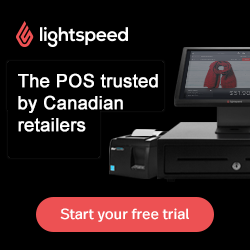
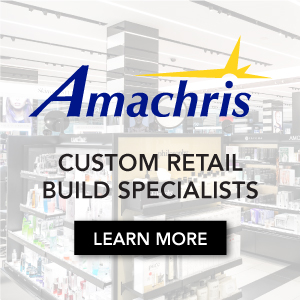


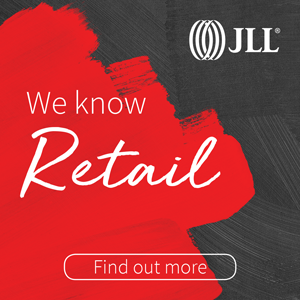
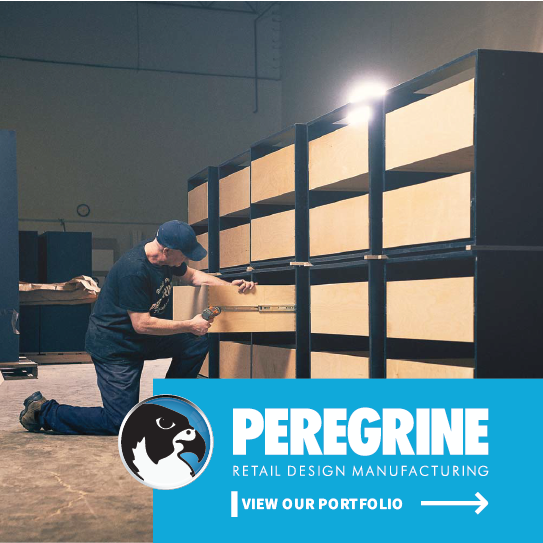


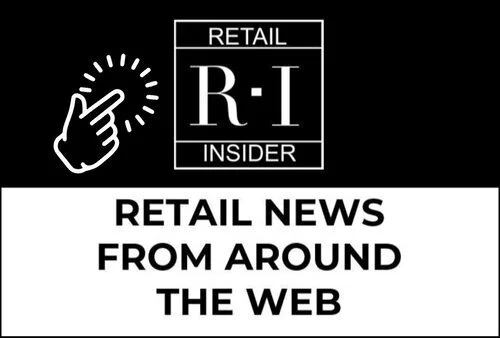

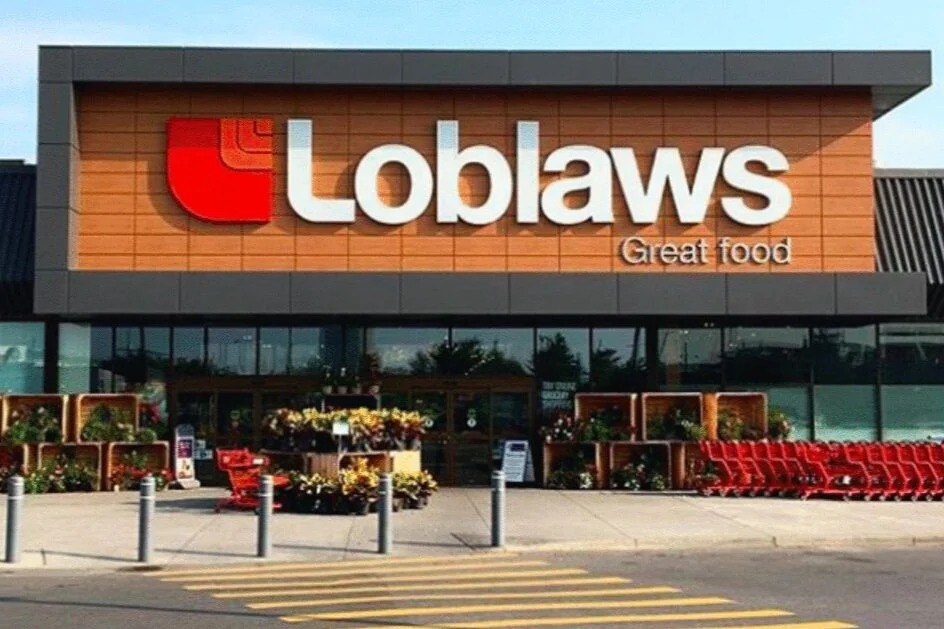
![L.L.Bean Continues Canadian Expansion with 1st Toronto Store [Photos]](https://images.squarespace-cdn.com/content/v1/529fc0c0e4b088b079c3fb6d/1603908990197-KDT3UNTEHFBFJF5FJ36N/L.L.Bean_Don_Mills_8.jpg)



![Retail-insider-NRIG-banner-300-x-300-V01-3[2].jpg](https://images.squarespace-cdn.com/content/v1/529fc0c0e4b088b079c3fb6d/1593476525034-QRWBY8JUPUYFUKJD2X9Z/Retail-insider-NRIG-banner-300-x-300-V01-3%5B2%5D.jpg)
![Retail-insider-NRIG-banner-300-x-300-V01-2[2].jpg](https://images.squarespace-cdn.com/content/v1/529fc0c0e4b088b079c3fb6d/1593476491497-W6OZKVGCJATXESC9EZ0O/Retail-insider-NRIG-banner-300-x-300-V01-2%5B2%5D.jpg)
![Retail-insider-NRIG-banner-300-x-300-V01-4[2].jpg](https://images.squarespace-cdn.com/content/v1/529fc0c0e4b088b079c3fb6d/1593476508900-TJG5SNQ294YNOCK6X8OW/Retail-insider-NRIG-banner-300-x-300-V01-4%5B2%5D.jpg)